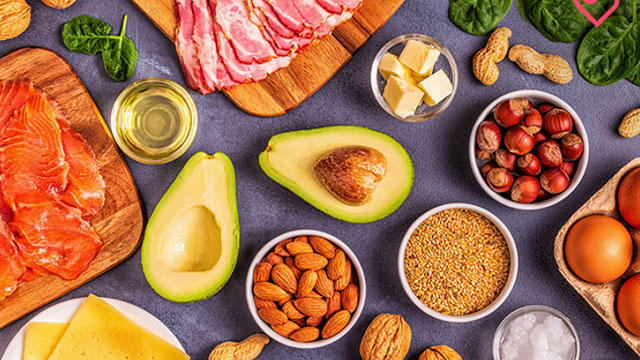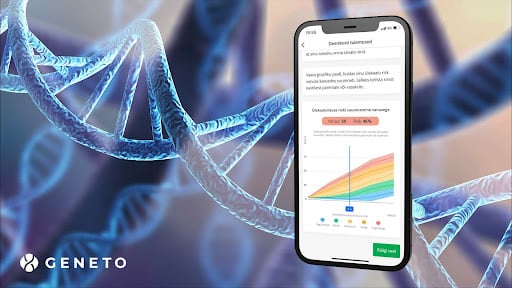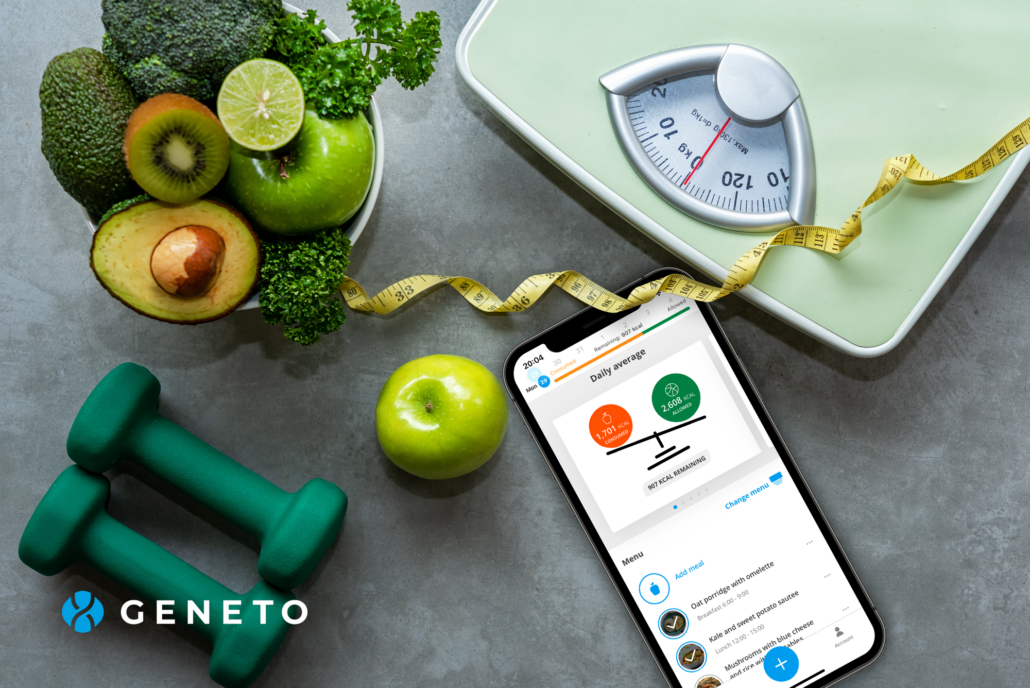You have made it to the third part of our weight loss series! The first post talked about getting started with losing weight and stated the four main steps for a sustainable weight loss. The second post was already a bit more specific and introduced the idea of balancing carbohydrates in your diet. In this third part, our nutritionist and nutritional therapist Mari-Liis Väli will explain the topic of dietary fats are they generally good or bad, which ones to consume, which ones to limit and how much of them should you actually eat?
Not a very long time ago, many people believed that a fat-free diet is the key point of being healthy and losing weight. Fortunately, nowadays people are more aware of the importance of dietary fats for our health and minimizing their intake has lost its popularity. Dietary fats are important. Their main purpose is providing us with energy and storing that energy, as well as being a source of fat-soluble vitamins and necessary for their absorption. Dietary fats are essential for normal communication between cells and for good cardiovascular health, for example. Fats should cover about 25-35% of our daily total energy intake. As for dietary fats, quality matters over quantity (aka the amount of calories).
What are saturated and unsaturated fatty acids?
All dietary fats are good and important, but altering the balance between the intake of saturated and unsaturated fatty acids is what makes their consumption unhealthy. Foods that contain fatty acids in the right proportions should be included in our diet. One of the main problems for many people is consuming too much of animal fats and too little of plant-based fats. This means an excessive consumption of saturated fatty acids and remaining short of essential polyunsaturated fatty acids.
Dietary fats can be classified as monounsaturated fatty acids, essential polyunsaturated fatty acids and saturated fatty acids. The majority of our intake should consist of mono- and polyunsaturated fatty acids and just a little bit of saturated fatty acids. What’s an easy way for remembering this? You could make sure that the main sources of dietary fats are plant-based different types of oils (olive oil, hemp seed oil, almond oil, etc), avocados, nuts, almonds, seeds. Dietary fats from these sources are rich in monounsaturated fatty acids and also contain very important essential fatty acids, polyunsaturated fatty acids (e.g omega-3 fatty acids). It’s important that our food contains enough of omega-3 fatty acids and for that reason, our menu should include fatty fish (such as salmon, herring) and additional omega-3 sources, such as certain seeds and their oils (hemp seeds, flaxseeds, chia seeds). Essential fatty acids are also crucial for the functioning of our brain and nervous system.
We also need saturated fatty acids, however their intake should be less than 10% of our daily total energy intake. It’s easy to cross this line when eating a lot of animal products that are high in fat, such as meat and dairy products. There are some plant-based foods that also contain a lot of saturated fatty acids, such as coconut and palm oil, cocoa butter, therefore you should not go overboard with these either.
The consumption of trans fatty acids should be as minimal as possible (max 1% of total energy intake). Fortunately, there are very few products containing industrial trans fatty acids on the supermarket shelves in Estonia. These are mainly found in the pastry section (so check the ingredient list for partially hydrogenated fats).
How to pay attention to your daily dietary fat intake?
Limit the intake of saturated fatty acids:
- The consumption of meat and meat products should be moderate. If your menu consists of different animal products, such as dairy products, cheese, eggs, etc., you could have a few meatless days weekly (just substitute legumes, tofu or any other plant-based alternative high in protein for meat).
- Processed meat products, such as different kinds of sausages, should stay out of your menu or appear on your dinner table very rarely. If you love bacon, try to limit yourself to one slice at a time; fried kidney beans (cooked, rinsed and drained) with garlic, onion, salt and pepper make an excellent side for bacon.
- Choose fish over meat, eating fish about 2-3 times a week.
- Consume eggs in moderation. Try not to eat more than 4 eggs a week.
- You should not go overboard with dairy products. Eat them few times a day and choose natural and low fat, but not fat-free dairy products. Try to include fermented dairy products as well (such as kefir and fermented milk). As for cheese, choose low-fat, but not fat-free cheese products. You can also have a few dairy-free days weekly to explore plant-based yogurts or try to make interesting plant-based dairy alternatives yourself.
Increase the intake of mono- and polyunsaturated fatty acids:
- Include 1-2 tsp of quality cold-pressed oil into your diet daily, for example into salads. Extra virgin olive oil combined with hemp seed oil makes an excellent salad dressing. Hemp seed oil has a very good fatty acid profile and should therefore be included in our menu. Keep in mind that oils rich in omega-3 (flaxseed and hemp seed oil) can’t tolerate high heat and are not suitable for cooking, they should be stored away from direct sunlight.
- Spread avocado instead of butter on your bread. Avocado is excellent in smoothies and salads as well, it’s even suitable for preparing desserts.
- Use seeds in your recipes. Add 1 tbsp of seeds (such as chia seeds, flaxseeds, hemp seeds that are high in omega-3) to desserts, breakfast porridge, smoothies or to any food of your choice.
- Add nuts into your menu, about 20g daily. Nuts make a great topping for snacks, salads, smoothies, breakfast porridge. Keep in mind that this applies to natural, unprocessed nuts. Avoid strongly roasted, salted and seasoned nuts!
- Eat fatty fish 2-3 times a week (such as trout, herring, or salmon). When cooking fish, keep in mind that the temperature should not exceed 175 degrees, as omega-3 fatty acids can’t tolerate high heat. Don’t forget the plate rule and combine fish with veggies and carbs (check the Geneto app for various fish recipes).
Log your meals into the Geneto app! This is a simple way to get an overview of your dietary fat intake. The app makes it easy to pay attention to your daily fat intake that should ideally be about 25-35% of total energy intake (you can change the proprtion in the settings of your dietary preferences). We point out once again that for losing weight, the right balance of dietary fatty acids is much more important than counting calories! Therefore, we encourage you to check out meatless recipes in the app, add seeds to your breakfast or salads, use oils made from seeds and olive oil, eat unprocessed nuts and sometimes avocado. Don’t forget to balance your meals include carbs and protein in your meals as well. We’ll go into more detail about protein in our next post!

Mari-Liis Väli
Nutritional therapist of the Geneto app




